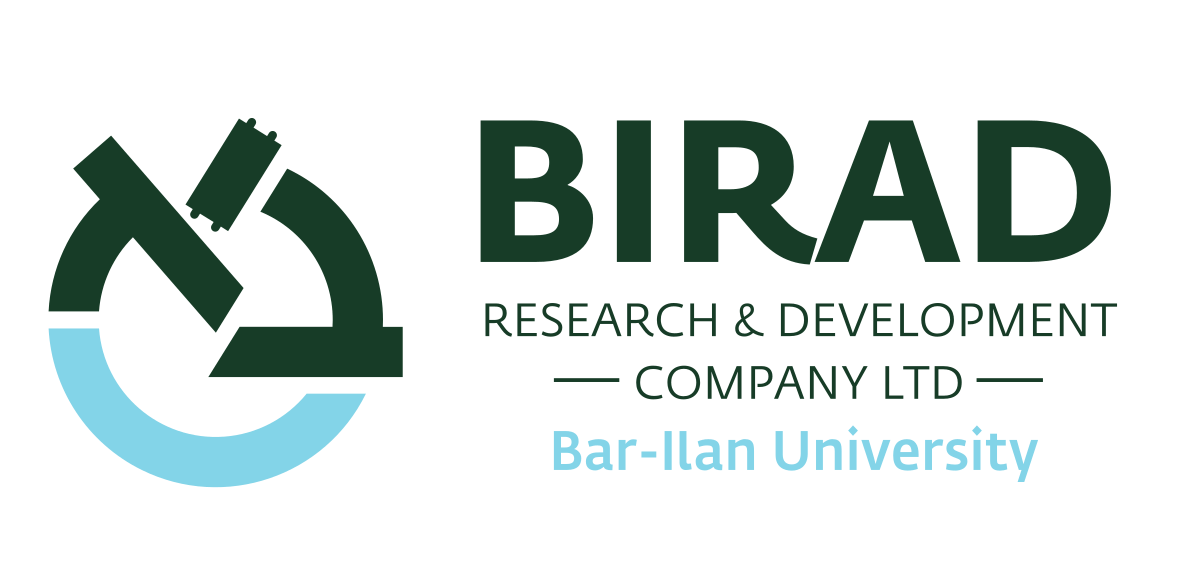The Price of Success

Success is perceived by most people as something that can only be enjoyed. When you see a successful person driving a luxury car, traveling the world in first class, or living in a fancy house—the first tendency is to envy their success. However, like every good thing in life, success too has a price and at times it is not an easy one:
Loss of self: This refers to the loss of one’s self for the sake of the whole or for the sake of the new organization the successful person belongs to. This loss is considered a heavy price that many excellent entrepreneurs and businessmen pay for their success. Sometimes it is obvious the minute you meet them, and seemingly there is a huge internal contradiction: if they are so successful, why are they so dissatisfied? The answer probably stems from the fact that they have lost their own inner selves.
Loss of emotional connection: We are discussing the emotional detachment required from a corporation manager, as opposed to the personal connections the entrepreneur had with the people who surrounded them in the past. A simplistic example to help explain this might be that of replacing the company legal adviser. Sometimes the entrepreneur works with a law firm chosen due to personal acquaintance, family relations, or comfortable prices. The involvement of a venture capital fund or a bank may require a level of service that can only be provided by a larger and more professional law firm. Suddenly, the personal and interpersonal connection that the entrepreneur had with the legal adviser is severed. It becomes a strictly business relationship, because now the company’s legal adviser is a huge law firm with dozens of lawyers, each with a different expertise. Decisions are now based on professional considerations more than on personal and emotional connections with the people. Sometimes the severing of emotional connections can contribute to the promotion of the business and the improvement of its success—but it can also decrease the entrepreneur’s satisfaction and lessen their enjoyment from just doing. Quite often the person who succeeds in life loses the emotional connection with things that were important to them, due to time or mental energy limitations.
The weakening of family and social connections: Entrepreneurs invest many, many hours in their business. They spend long hours in the lab or the clinic, trying, taking apart, rebuilding, and going back to the drawing board again and again. In parallel, their private life comes to occupy less and less of their waking hours. They easily remember a business meeting held two weeks before but forget that tomorrow is their wedding anniversary or their partner’s birthday. Quite a few people are reminded that they have children only after they got divorced and had to learn how to spend time with them. The connection with family is very important and must not be neglected; there is no reason for an entrepreneur (male or female) to wait for divorce in order to spend a wonderful weekend with the kids. It is very simple—even the busiest CEO has vacation days.
Bringing work home: Budding entrepreneurs, and businesspeople in general, often find it difficult to separate work from the home. They set up a workstation at home, with a computer and a direct link to their work e-mail account. They are very successful at work but sometimes at the price of working crazy hours from home. They give instructions, answer e-mails, and return phone calls while their home life breathes and operates—without them.
Losing trust in people: Sometimes it seems that once a person becomes successful they becomes suspicious and lose the trust they used to have in people. This also includes people that were very close to them or who are supposed to make things easier for them or to help overcome obstacles that they are faced with. Trust is very important in the business world (up to a point, of course), thus losing trust in people can be devastating.
Losing the simple things in life: Time to think, a stroll on the beach with your significant other, drinking coffee with friends on a free morning—all of these simple and good things are lost due to lack of time or mental energies, or due to being physically away from home. But even when there is enough time and energy, we don’t always remember to utilize them properly for positive needs.
Living with fear of failure: Everyone has a fear of failure. However, the higher we climb, the more painful the failure seems to us. I didn’t come up with this line, but I use it all the time. The bolder the step the entrepreneur makes, the greater the risk of falling. Every time a person (and not necessarily an entrepreneur) changes things or does them differently, the chances of making mistakes are greater. But, this is the only way to truly grow.
Blinding ambition: Sometimes our ambitions blind us. We are so engrossed in our ambition to achieve the goal that we forget ourselves. The materialistic makes the emotional disappear, we see but do not notice, and we hear but do not really listen. Unrestrained ambition can cause emotional blindness, and we stop seeing the small pleasures paving the road to results and—at times—life itself.
Does the shark, while constantly circling the coral reef, enjoy the beautiful surroundings, or is it just looking for the next strike (i.e., the fish it will eat for lunch) and protecting its territory? Is it doing both? Is it performing additional actions that we have yet to comprehend?
Every type of success has a different definition. Every person will define their own personal success differently. Thus, every person needs to find their own inner balance and set guidelines and limitations. It is worthwhile and possible to predetermine what would be enough for me, when I can say “I won” and achieved the success I aimed for, and now I can let go or move to the next, totally different, goal. For example, one could exchange the business goal achieved with a social or humane goal that is no less satisfying emotionally. Everyone defines their personal success differently and even using different time concepts.
One of mankind’s biggest secrets, particularly for successful people, is how to find the ability to break the circle of force and how to know when to quit and to enjoy life. It is not the banal question of whether I have reached self-fulfillment but rather the question of whether changing direction, or finding another direction, would fulfill me even more. Often enough it is the little things, for example, contributing to the community by volunteering for two hours a week at a school that desperately needs a math teacher. Two hours a week that will contribute to society, undoubtedly, no less than financial success.
Here is the place to tell you the very well-known story about the old Jew’s lucky socks. A wealthy Jew died and left two letters—one for reading before his funeral and the other for reading after the seven days of mourning (customary in Judaism). His sons opened the first letter, and it said that the old man left his children all of his possessions on one condition: he had a pair of socks, his lucky socks, which he had worn every time he signed an important deal. His last wish was to be buried wearing his beloved socks. The children approached the burial company with his wish but were refused. According to Jewish custom, a man must be buried only in a shroud. They explained, threatened, pleaded, and offered bribes but to no avail. The man was buried according to the correct Jewish custom, wrapped in a shroud and without the socks. He passed on to the next life completely naked, with only a simple white cloth separating him from the earth. The mourning sons returned home, and at the end of the seven days opened the second letter. It read: “Now you understand that you cannot take even a used pair of socks with you to the next life. So I hope you will do as I did and enjoy the money while you are still alive.” Thus he wrote, and only at the end of the letter did he say, that in spite of their failure to grant him his last wish, he left them all of his possessions.

Recent Comments